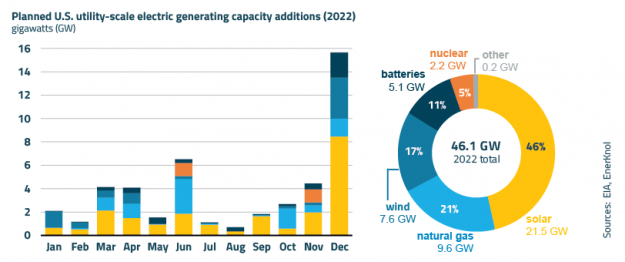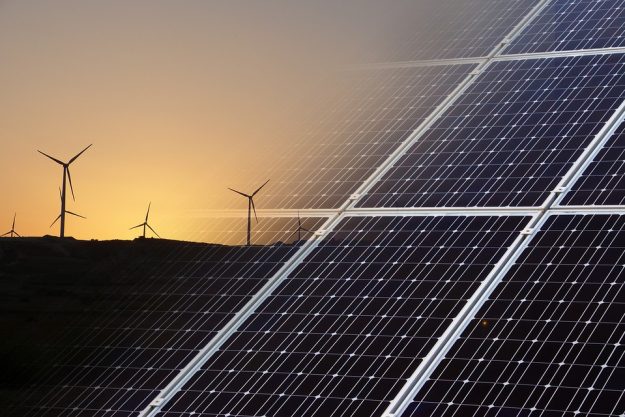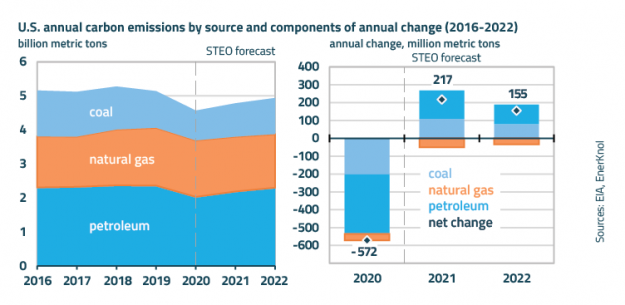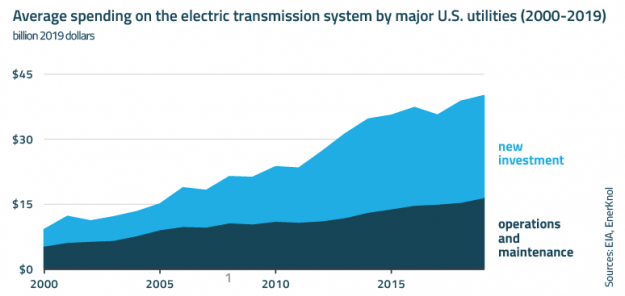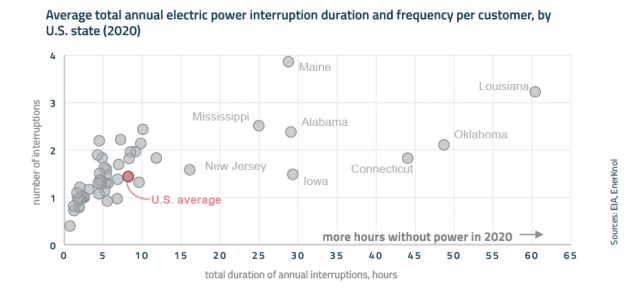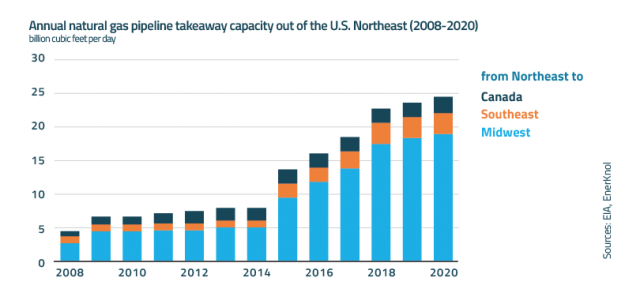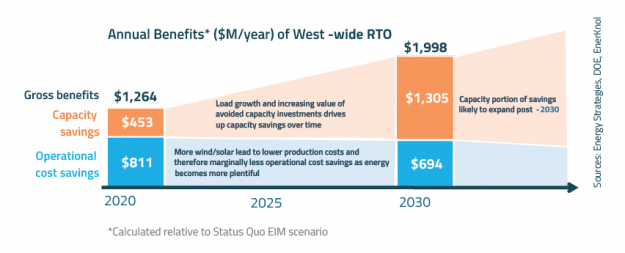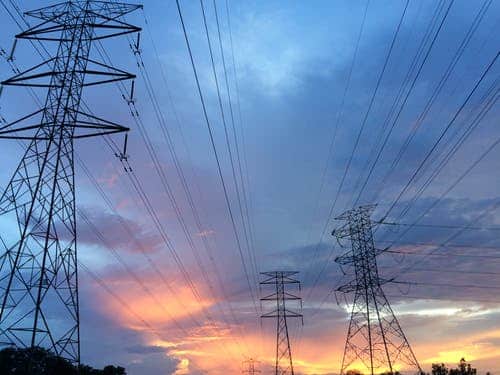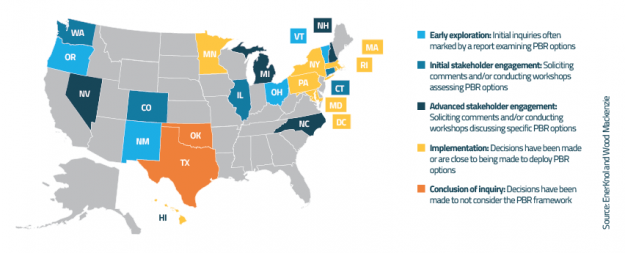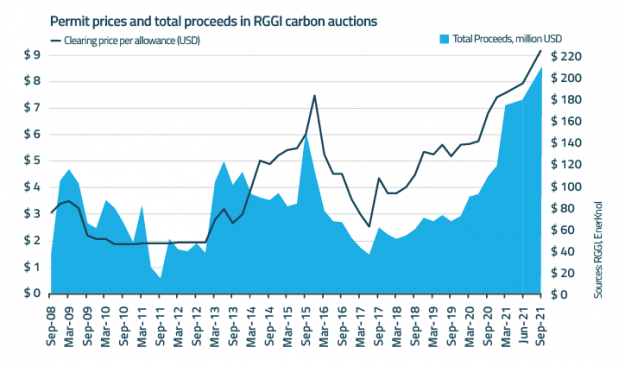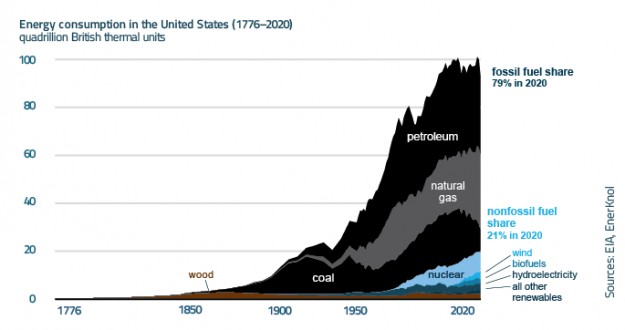Visual Primer: Evolving Distributed Solar Landscape Prompts Policy Changes
Several states are reshaping their distributed generation policies and programs amid the proliferation of distributed solar and other solutions prompted by changing customer needs and clean energy goals. Recent actions range from California’s proposed net metering successor, which has triggered cost-shift debates in the nation’s largest solar market, to New York’s roadmap to achieve 10 gigawatts (GW) of distributed solar by 2030.
